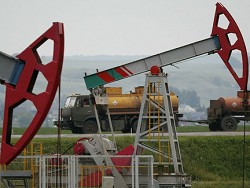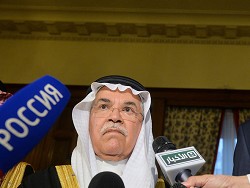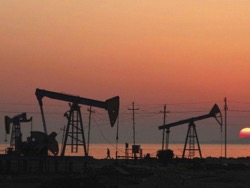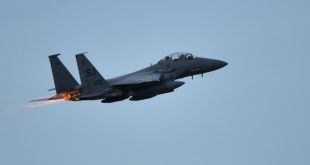
The price of oil may exceed the end of the year $60/bbl in the case of achieving at the meeting on 17 April in Qatar agreement on the freezing of production between Russia, OPEC and non-cartel producers. As at 18.01 GMT on 16 March, the value of may contracts for Brent rose by $1.3 to $40,01/bbl. Russian energy Minister Alexander Novak confirmed that the meeting of the countries — exporters of oil will take place in the Qatari capital Doha on April 17. According to him, the consultations also confirmed their participation from about 15 countries. However, there still remain doubts about the position of Iran, Saudi Arabia and the United States.
Also, as pointed out by Bloomberg, one of the most important factors affecting the oil remains the U.S. position. According to analysts Bloomberg, Washington can reduce the amount of production only for a short time, which will not be enough to stabilize prices. According to analysts, in the U.S. it is difficult to maintain such arrangements in connection with the fact that the market has too many players. Competition leads to price wars and dumping. And this, in turn, can inhibit the growth of prices for raw materials.
However, fundamentally already and that 15 States, the OPEC and outside the cartel, supported the initiative of holding this meeting. According to sources, OPEC, in total these countries represent 75% of world production, and even if the meeting will be held without Iran, it does not destroy its relevance.
Banking sources in the city of London, in particular Standard Chartered Bank, noted that concerns about freezing production negotiators may raise rates by year’s end above $60. However, most analysts agree that without the participation of Iran in such a meeting and agreement will not be able to quickly reverse the overall downward trend.
The unwillingness of Iran to engage in any agreements not only on the reduction, but even freezing the production originally seen as a fundamental obstacle to reaching any significant agreements. After removing from the beginning of 2016 sanctions, the country seeks to return to the market of about 1 million barrels per day (50 million tons/year) of its production and to increase production to 4 million barrels a day. Later, however, came the understanding that, firstly, such a transaction can also have a stabilizing impact on the market, and secondly, subsequently, will help to negotiate with Iran. This week after talks in Tehran, Russian energy Minister Alexander Novak said that an agreement on freezing production at the level of January 2016 can be signed and without Iran, which has the right to increase production after a long period of sanctions. Recently the Minister of oil of Iran Bijan Namdar Zanganeh said that Iran will discuss with the largest oil producers freeze their prey only when its level in the country will reach 4 million barrels a day.
The Russian side insists that in any scenario, a long negotiation process it is necessary to secure agreement. In an interview with ITAR-TASS Minister Novak noted: “In my opinion, the market is more balanced today by price, including through a clear understanding of production in accordance with the agreements between the countries. If not to secure a decision, there will be uncertainty in the market, and this will lead to greater volatility. From my point of view, should be signed agreement or Memorandum or a public joint statement”. He also stressed that the situation on the market in February-March shows that countries adhere to verbal agreements.
Commenting on the relevance of the upcoming meeting, senior Vice President of Argus Vyacheslav Mishchenko noted that even without the participation of Iran, this deal is very important.
— She’s exemplary in terms of that agree as OPEC countries and countries outside the cartel. Besides this happens at a time when production in Russia at the peak. At the same time, Saudi Arabia is in fact not stand up to the “price war”, as evidenced by the decline in production in the country, and plans to sell Saudi Aramco, said the analyst.







